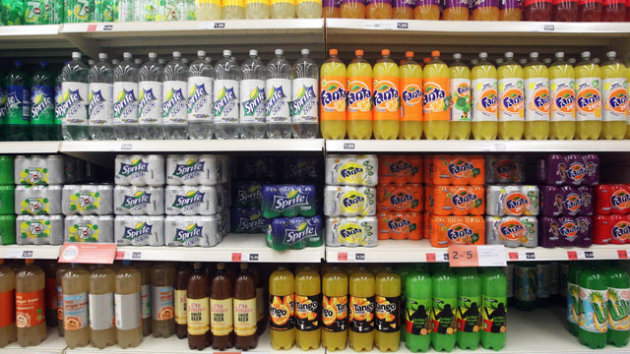Teens take risks with protein powders,
weight loss shakes.
Australian teenagers are being lured into buying dangerous protein powders that are being sold over the internet, while cases of hospital admissions for high heart rates, dizziness, vomiting and even death have been attributed to some protein powders.A boom in sports foods has led to a free-for-all on the internet for protein powders that are often made and distributed in unknown circumstances with mystery ingredients.
Experts are urging consumers - including body-conscious teenage boys, gym junkies, body-builders and people trying to lose weight - to buy only reputable brands and check all labels carefully.
This follows the NSW Food Authority's investigation last year into supplementary sports foods that led directly to the banning by the Therapeutic Goods Administration of the ingredient 1,3-dimethylamylamine (DMAA), found in some of the powders.
''We found a number of hospital admissions of people with a very high heart rate, dizziness, stomach ache and vomiting from the misuse of products."
Risks associated with DMAA include high blood pressure, psychiatric disorders, bleeding in the brain and strokes. In August last year, the West Australian Coroner found that a fly-in-fly-out mine worker died from taking DMAA, which he had bought over the internet.
Yet even without the presence of DMAA, some protein powders have been known to have an adverse effect on health, with the British Dietetic Association saying high levels of additional protein over a period of time can cause kidney and liver damage.
The popularity of consuming protein powders, commonly mixed with either water or milk as a quick drink, has taken off in recent years.
No precise figures exist but $80 million was spent by Australians last year on sports foods, a rise of 27.7 per cent over 2011.
Many of the protein powders contain synthetic chemicals, sugars and artificial flavourings, as well as the milk isolates or concentrates that make up the usual whey protein.
As a result, a number of consumers have reported side-effects, whether from the chemicals or from allergic reactions to contents
Personal trainer Guy Lawrence decided to recommend protein powders, in combination with exercise, to help them recover their health.
But when he took a closer look at the labels of many of the powders on the market, he was appalled at what he found. ''They had so many chemicals, artificial sweeteners, fillers, thickeners and preservatives, I thought they couldn't possibly be healthy,'' he said. ''I was looking for something pure, with good ingredients, without all those potentially harmful additives.''




